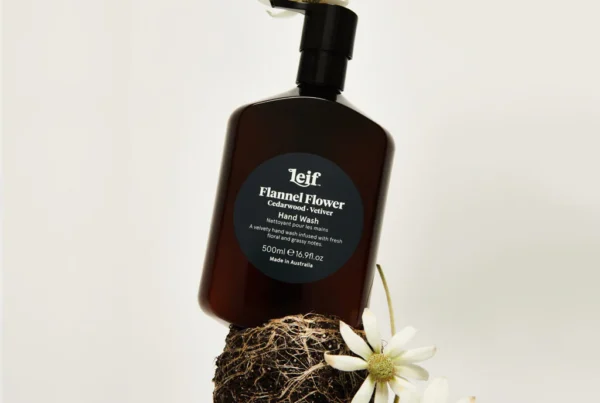Groundwater contamination is a serious issue that affects millions of people. This may be surprising to some, after all, we take healthy water for granted. However, the fact is that groundwater – the water we drink – can become contaminated for various reasons. This article will discuss ways to protect our water from contaminants. Ultimately, everyone needs to be know how they can help prevent groundwater contamination.
What Is Sustainable Water And Why Do We Need It?
When we talk about sustainable water, we mean clean and safe water. We also mean safe to drink, use and swim in.
This means that our water must be free of contaminants like chemicals that could make people sick if they use or consume them. It must also be free of bacteria or viruses that can cause illness if consumed by humans or animals.
When you’re looking for places where there are a lot of fresh waters (which is what humans need to survive), you have two main options: fresh surface water or groundwater (underground). These are the primary water sources, and sadly, most are treated with contaminants.
What Causes Water Contamination?
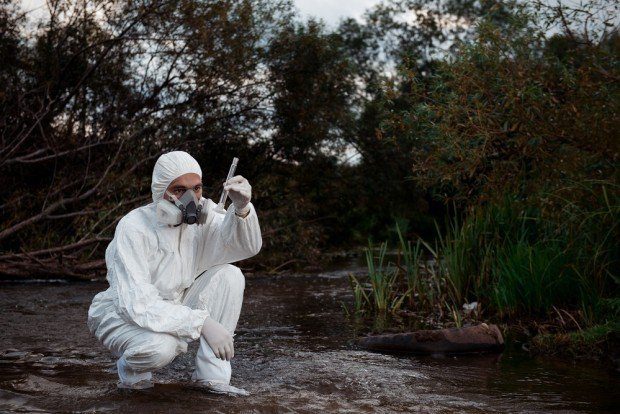 A variety of sources cause groundwater contamination. For example, it can be caused by human activity, such as in the Camp Lejeune water contamination Case.
A variety of sources cause groundwater contamination. For example, it can be caused by human activity, such as in the Camp Lejeune water contamination Case.
In this case, groundwater was contaminated by toxic chemicals used for cleaning up waste at the former Camp Lejeune Marine base in Jacksonville, North Carolina. The water source was also affected by storm runoff from surrounding areas contaminated with chemicals from local factories and landfills.
Water contamination can be fatal
Camp Lejuene water contamination case proved to be so fatal that many died and developed deadly diseases such as cancer, leukemia, lymphoma, and more. No wonder people are filing the Camp Lejeune water contamination lawsuit even today, given that they are developing deadly diseases from drinking such water even after decades.
Groundwater contamination can also occur naturally due to poor agricultural practices and heavy rains that wash pesticides into streams or lakes, where they end up in groundwater supplies.
In addition to these naturally occurring toxins, some contaminants are man-made but not always known until their effects on people begin appearing long after they’re released into the environment (elements like dioxins).
Is Groundwater Contamination Avoidable?
The answer is yes. Groundwater contamination is avoidable as long as you reduce the number of contaminants in the environment. It’s possible to prevent groundwater contamination altogether if you:
- Keep pollutants from getting into the water supply in the first place
- Prevent runoff of contaminants from farming activities and construction sites
- Minimize toxic industrial waste and hazardous materials (e.g., batteries)
What Are Some Contaminants Present in Groundwater?
The primary contaminants in groundwater are:
- Tetrachloroethylene is a chemical solvent that can be present in some cleaning products.
- Trihalomethanes (THMs) are formed when adding chlorine to the water to kill bacteria and create safe drinking water. THMs are also found in chlorinated swimming pools and hot tubs. The U.S. Environmental Protection Agency (EPA) recommends limiting your exposure to THMs because they have linked it to cancer, liver damage, and reproductive problems.
- Chloroform is a disinfection byproduct that has been linked with cancer risk later in life. Due to long-term exposure during childhood or adolescence—as well as other organ system damage and if you’re also exposed to high levels over a short period. They recommend reducing the amount of chlorine used when treating public drinking water supplies with disinfectants such as chloramine or chlorine dioxide instead. They don’t lead directly into the soil or groundwater as traditional chlorination does; this means it won’t leech into nearby waterways where animals drink from them too!
What Is Done to Protect Our Water From Contaminants?
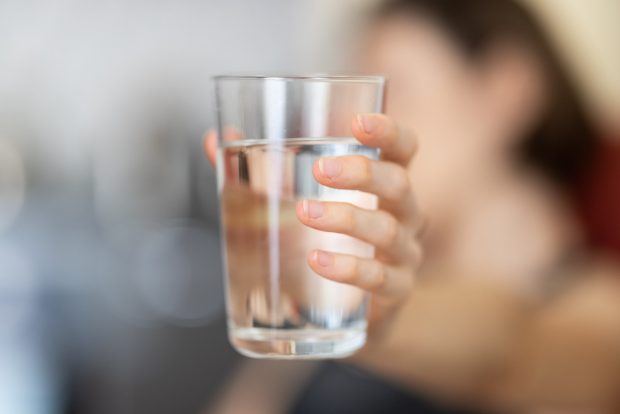
Photo by engin akyurt on Unsplash
How is water contamination regulated?
The EPA has some rules and regulations to help protect our water supply. For example, Congress passed the Safe Drinking Water Act in 1974, requiring the EPA to monitor the nation’s drinking water supply for contaminants. There are many other programs that the EPA uses to help protect our water supply, such as:
- A Water Quality Monitoring Program
- A Drinking Water Standards Program
- A Groundwater Monitoring Program
Who Is at Risk of Groundwater Contamination?
When you think about groundwater contamination, you probably think of the people who drink water from contaminated wells. But the truth is that there’s a lot more to it than that. Groundwater pollution can affect anyone who lives or works near a contaminated well, regardless of whether they’re drinking it themselves!
People who live near landfills and waste disposal sites are at risk because these areas release toxic chemicals into the soil every day. Over time, these chemicals seep into groundwater supplies and increase their levels of nitrates or heavy metals (like arsenic).
Workers in industrial workplaces are also at risk because their jobs involve handling hazardous materials daily. These chemicals may leach into nearby groundwater supplies if proper precautions to protect workers’ health and safety during production processes is not taken. Unfortunately, most businesses do take care not to harm anyone through negligence or accident, accidents still sometimes happen due to human error (or even sabotage!).
Importance of Groundwater Supply
Groundwater provides more than half of the water used in the United States for drinking, irrigation, and industry and supports fish and wildlife habitats. Groundwater is a significant source of drinking water for 43 million people or 15% of Americans.
Approximately 80 percent of western states’ drinking water comes from underground aquifers that are replenished over time through rainfall or snowmelt (U.S. Geological Survey).
The problem is that many drilled wells are too deep into this resource, causing them to deplete much faster than they should (National Geographic Society).
Conclusion
Everyone, not just those directly affected by the contamination, should be concerned about their water supply. We all need to ensure our water is safe and clean. Government needs to find ways to prevent the contamination and test it so that the issues don’t get out of hand.
People are already aware there are many contaminants in our water sources. However, they need to act, to avoid any future issues with their water supply and to protect their health.
Who is the author?
Nikki Gabriel has about 12 years of experience in digital marketing, health, and business writing. She loves connecting to people, traveling, and sharing her thoughts through communication.
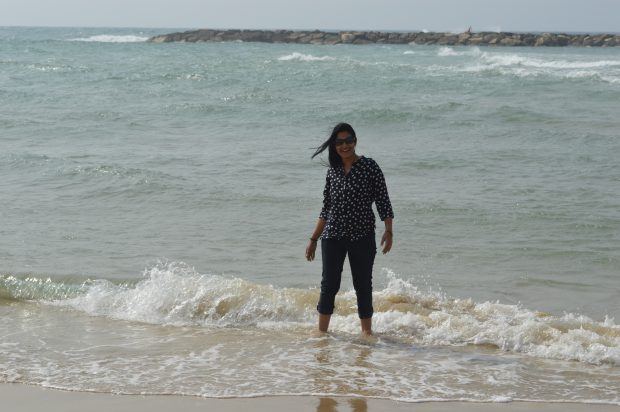


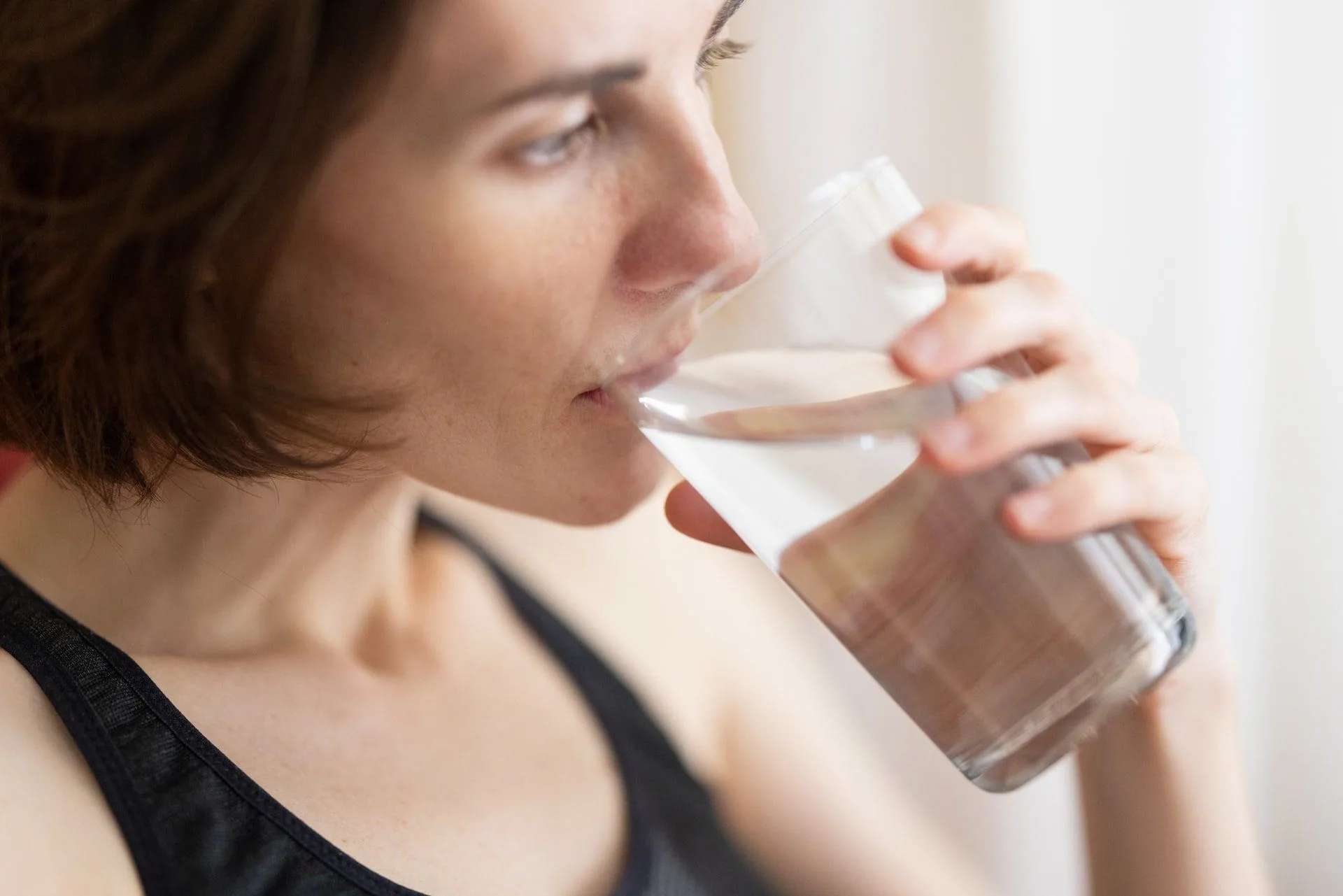


![women [longevity live]](https://longevitylive.com/wp-content/uploads/2020/01/photo-of-women-walking-down-the-street-1116984-100x100.jpg)






